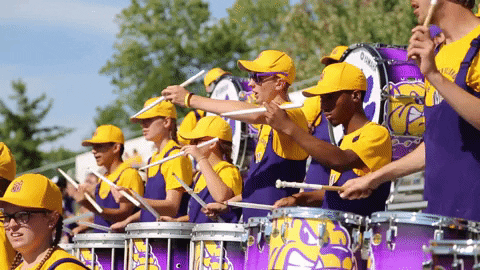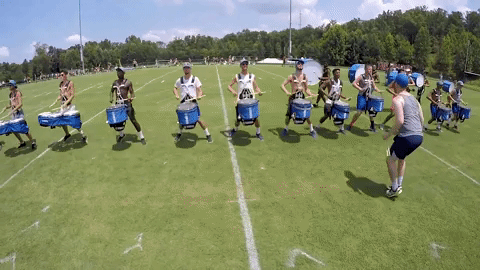If you’re practicing the art of percussion, knowing what to work on is sometimes really hard. You know there are a million things you need to develop, but which do you do first?
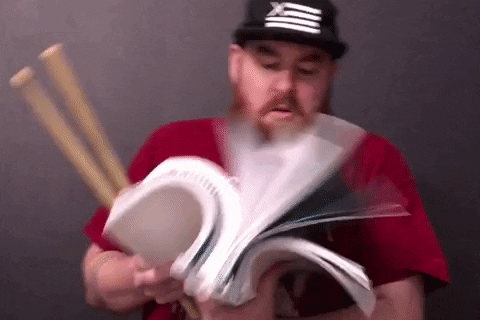
My advice is to first determine what you want to get out of your practice and make your practice material align with your goals. Here are a few reasons you might want to get better, and some solutions to start working towards those goals:
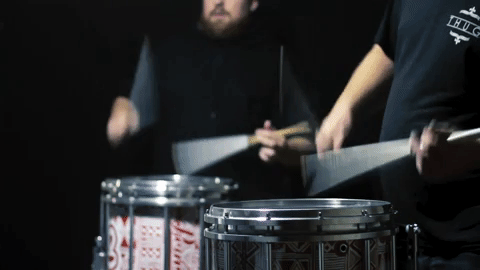
If you don’t have the basics down, you should definitely start there. But if you already have previous drumming experience and just want to be good enough to learn drum licks for fun, try picking some simple music and working through it super slow.
For example, you can grab some sheet music from our Gridbook Quick Licks Course and work through those tempo thresholds. Once you have the music learned, try picking a song with an appropriate BPM and play the quick lick along with the track. This is a great way to get used to playing along to music. Then record yourself playing along the track! The more you do this the more you will develop and start getting better at aligning the music you play to the right tracks. And if you want to dive deeper and make the quality of what you’re playing better, start digging into more fundamental exercises.
If you want to get better with fundamentals, try our Snare Fundamentals Course!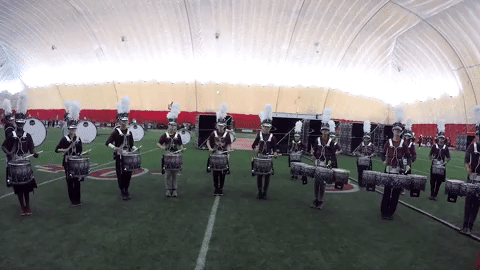
The best way to prep for high school drumline auditions is to communicate with someone at the school you want to attend way before auditions. This will give you enough time to gather information and prepare. Try to find someone who can tell you exactly what to work on. That can be a Band Director, Percussion Staff, or current drumline members. (Not the person answering phones at the front desk.) They should be able to tell you if there is a "Drumline Packet" to learn, or any warm ups, stand tunes, and cadences you should know. Then, get that music and organize it into a folder. Work your way through that material slowly, and if you have any questions, try asking the person who gave you the music.
There is A LOT more to learn, but showing up to the first day of Drumline Tryouts already knowing the music is a big step!
That shows you are dedicated and ready to be part of the line!
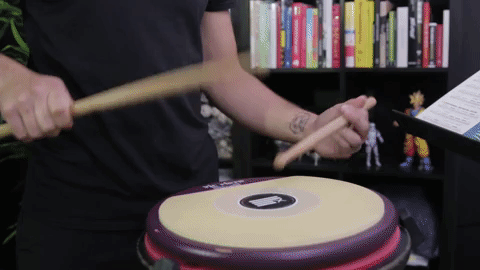
If you want to get really good at drumming, the secret is often in your ability to play fundamentals really well, AND know how to apply that to your performance music. I recommend working through a fundamentals program that teaches you the building blocks of rudimental performance. At Gridbook, we work all of our students through our Snare Fundamentals Course as a core curriculum, then select other musical pieces as needed to prepare them for their specific goals. This often includes learning fun show music from drumlines they enjoy. So if you love the Santa Clara Vanguard, try learning a drum solo from your favorite year.
It is this combination of perfecting fundamentals, and pushing your limits with music out of your range that provides a well rounded approach. Make a folder to keep your music organized, and don’t be afraid to work slowly and methodically through your music. If you're looking for some great material to work through to develop fundamentals, chops, and musicality, these three courses are a great place to start:
